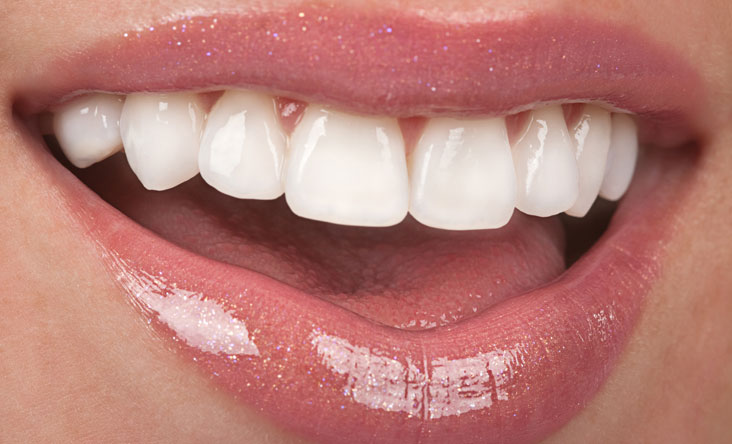Understanding Root Canal Side Effects
A root canal treatment aims to save an infected tooth by removing the damaged pulp and sealing the interior. However, like any medical procedure, it can result in some side effects. Commonly, patients experience tenderness and mild discomfort around the treated area, which are typical signs of the body’s healing response. Understanding these symptoms can help alleviate anxiety and prepare patients for what to expect. For example, this guide provides a thorough overview of what to anticipate during recovery. Sensitivity to pressure, especially while chewing, is also normal and usually diminishes within a few days. Swelling and inflammation are other common side effects, but they typically resolve quickly with appropriate care, such as using ice packs and over-the-counter pain relief. Knowing when these symptoms are typical and when they signal a complication is crucial for effective self-care and peace of mind.
Managing Common Side Effects
Managing side effects after a root canal involves a combination of self-care measures and professional guidance. Patients are advised to avoid hard foods and use soft-bristled toothbrushes to minimize discomfort. Over-the-counter pain medications like ibuprofen can be effective in reducing soreness and inflammation. It’s important to follow the dentist’s post-treatment instructions meticulously to ensure a smooth recovery. This might include using prescribed antimicrobial mouthwashes to prevent infection. The importance of regular dental check-ups cannot be overstated. Regular visits help monitor healing progress and address any issues promptly. Additionally, applying ice packs to the cheek near the treated area can help reduce swelling and discomfort. Patients should also maintain good oral hygiene practices, avoiding flossing the treated tooth until it’s fully healed.
Recognizing Serious Complications
While most side effects are mild, it’s essential to recognize signs of complications that require immediate attention. Persistent pain, swelling that doesn’t subside, or signs of infection such as fever and pus discharge are indicators that need professional evaluation. In rare cases, a tooth fracture or an improperly cleansed canal can lead to severe pain and complications. If any of these symptoms occur, contacting your dentist promptly is crucial. Early intervention can prevent further damage and ensure the health of the treated tooth. Patients should feel empowered to raise any concerns with their dentist without delay, ensuring peace of mind and optimal care.
Importance of Timely Dental Care
Timely dental care is pivotal in ensuring a successful recovery from a root canal treatment. Regular follow-ups enable the dentist to monitor the healing process and address any complications early. This proactive approach can prevent minor issues from escalating into serious problems. Additionally, maintaining routine dental visits helps reinforce good oral hygiene habits and provides opportunities for professional cleanings and assessments. For those seeking comprehensive dental care, our guide to lifelong oral health offers valuable insights. Consistent care and open communication with your dental team are the cornerstones of effective post-treatment recovery. Patients are encouraged to adhere to scheduled appointments and utilize resources like online consultations when necessary to maintain optimal oral health.
Conclusion and Next Steps
Experiencing side effects after a root canal is often a normal part of the healing process, but understanding what is expected versus what requires professional attention is key to a successful recovery. With proper self care, timely follow ups, and awareness of potential complications, most patients heal comfortably and without issue. If you are experiencing lingering symptoms or have concerns about your recovery, Dr. Loren Grossman is here to provide trusted guidance and expert care. Schedule an appointment with Dr. Loren Grossman today to receive personalized support and ensure your oral health stays on track.
FAQs
Q1: What are common side effects of a root canal?
A: Common side effects include mild tenderness, sensitivity to pressure, and minor swelling around the treated area.
Q2: How can I manage post-root canal discomfort?
A: Over-the-counter pain relievers, avoiding hard foods, and applying ice packs can help manage discomfort.
Q3: When should I contact my dentist after a root canal?
A: Contact your dentist if you experience persistent pain, swelling, fever, or signs of infection.
Q4: Why are regular dental check-ups important after a root canal?
A: They allow your dentist to monitor healing and address any complications early, preventing further issues.




